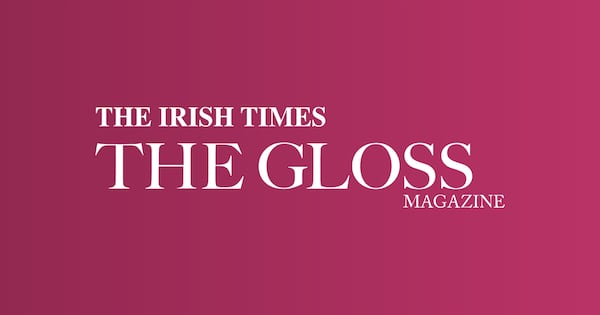The death at 83 of Arthur Ryan, founder of Penneys (operating as Primark outside of Ireland) which this year marks its 50th anniversary, brings to an end the career of an outstanding Irish retailer.
From small beginnings in Mary Street with a “pile them high and sell them cheap” mantra, Ryan masterminded the growth of the cut price fashion chain into a major international player which now has 372 stores in 12 countries and more than 75,000 employees.
With the so called "Gang of Four" - Breege O Donoghue, Paddy Prior and Seamus Halford at the helm, the business, owned by ABF (Associate British Foods) grew exponentially throughout the 1970s in Ireland.
“He could see beyond the coast of Ireland that it was a business that could travel. It was a question of having a solid foundation here before moving into the continent and in those days for a small country of four million people, that was visionary,” said an executive who worked with him at the time.

“He worked hard and he played hard. He was inspirational, dogged and determined.”
From Dublin, Ryan worked for a fashion wholesaler in London before moving to Dunnes Stores in Cornelscourt where poached by Galen Weston, the Canadian billionaire of ABF, he set up Penneys with finance director Prior aimed at the under 35s, offering fashionable products at rock bottom prices.
A private man allegedly fearful of kidnapping, he had his own security guard and liked dropping into stores anonymously with a daily schedule kept secret to all but his closest aides.
Ryan oversaw the company’s major international step - the acquisition of 120 Littlewoods stores for £409 million in July 2005 expanding Primark’s geographic reach into the UK while at the same ratcheting up its design credibility. By buying directly from low cost areas in Asia and without spending on advertising, Ryan enabled the company to drive impressive profit margins.
By 2012 Primark was operating in eight countries in Europe with over 43,000 employees and £356 million operating profit. The combination of increasingly fashion forward items in both womenswear and menswear at affordable prices kept it newsworthy not only for delivering talked-about trends but also raising questions about its buying policy and manufacturing in low cost countries.
European breakthrough
With a fastidious attention to detail characteristic of his management style, each opening was preceded by forensic market research. The highly competitive French market was strategically handled with the opening first in Marseilles, before taking on Paris, a move that paid off.
Primark continued to up the ante in terms of design, selling clothes that looked like designer garments but at a fraction of the price which also drove the giant’s first foray into the US market in Boston in 2015.
One employee who worked in Penneys in Dublin in the 1990s remembers Ryan as a stickler for detail. “He really counted the pennies and would strike the fear of God into the buying office”, she recalled.
Described in 2006 by the fashion trade magazine Drapers at the most influential figure in high street fashion, Ryan nevertheless always kept a low profile, never gave interviews and was rarely photographed.
“He liked that cloak [of anonymity],” said a friend. “But he was a great boss and great fun, a bit of a rogue who valued hard work and was good at delegation. He was also a great mimic.”
Writing in the Sunday Tribune in 2006, Ben Dunne described him as a father figure who had a few strict rules which he abided by. “Never buy what you like yourself and if it isn’t selling, get rid of it quick. He was a great man for identifying his market.”
One of his last public appearances was attending the Boston opening with his wife, the former singer Alma Carroll. In a terrible tragedy in June 2013, Ryan’s son from his first marriage, his grandson and the grandson’s girlfriend all died in a freak drowning accident in Cork.
Ryan remained involved in Primark until his own health started to fail a few years ago and must have got some satisfaction seeing the growth of the company whose success shows no signs of abating.
“It is a phenomenal brand and has evolved so much in 50 years and he really managed every iron of that business and that was so impressive,” said a former colleague. The company’s international headquarters, which incorporate its Mary Street store, are now called Arthur Ryan House and remain an important part of his legacy.











